However, the small decrease by Ksh1 announced last month was overshadowed by the lingering impact of recent tax hikes, leaving consumers questioning whether the changes will bring any real relief.
“In the period under review, the maximum allowed petroleum pump price for Super Petrol, Diesel, and Kerosene remain unchanged,” stated EPRA Director General David Kiptoo.
The latest review by EPRA retains the prices of Super Petrol at Ksh188.84 per litre in Nairobi, which was a decrease of Ksh1. Diesel has seen a reduction of Ksh171.60 bringing the price down to Ksh1.50 per litre, while Kerosene will now cost Ksh161.75 per litre, after a Ksh1.30 cut.
These reductions come on the heels of a previous review that also slashed fuel prices by similar margins.
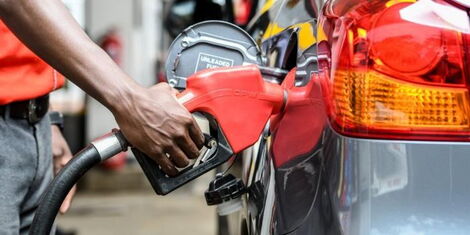
Despite these reductions, the impact of the controversial road maintenance levy (RML) continues to loom large.
Just last month, the government increased the RML from Ksh18 to Ksh25 per litre for both petrol and diesel, a move that added Ksh7 per litre to fuel costs.
This hike, combined with the lingering effects of the now-nullified Finance Act 2023, which had doubled the VAT on fuel from 8 per to 16 per cent, has kept fuel prices high.
Last week, Petroleum Principal Secretary Mohamed Liban acknowledged the limited impact of the latest price cuts.
He noted that before the upward revision of the RML, the projected prices of Super Petrol and Diesel were set to decrease by Ksh5.27 and Ksh6.74 per litre, respectively.
However, the actual reductions announced by EPRA last month were far less, with Super Petrol dropping by only Ksh1 and Diesel by Ksh1.50 per litre.
Liban explained that the government had initially aimed to provide more significant relief at the pump, but the increase in the road maintenance levy effectively negated the benefits of the price cuts.
“Prior to the revision of the RML, the projected price of Super Petrol, Diesel, and Kerosene were to reduce substantially. However, the imposition of the higher levy significantly reduced the extent of these cuts,” he stated in a document submitted to the Senate Energy Committee.
The High Court’s recent nullification of the Finance Act 2023, which had introduced the doubled VAT, adds another layer of complexity to the situation.
The reversal of the VAT increase is expected to have a notable impact on fuel prices in the upcoming pricing cycles, potentially reducing costs by more than Ksh10 per litre.
However, the benefits of this VAT cut are likely to be tempered by the persistent effects of the raised RML.
Kenyans, who have been grappling with high living costs, are expressing mixed reactions to the latest price adjustments.
While any reduction in fuel prices is welcome, many feel that the relief is minimal, especially in light of the increased taxes that have continued to drive up the cost of essential goods and services.
The reduction in fuel prices may provide some temporary respite, but the underlying issues of taxation and levy hikes remain unresolved.
As the new prices take effect, consumers are left wondering whether the government’s efforts to alleviate their burden are sufficient, or if more substantial measures are needed to address the rising cost of living.
With the new pricing cycle set to run until September 14, all eyes will be on the government’s next moves.
The anticipated reduction in VAT on fuel could bring more meaningful relief, but for now, Kenyans are left navigating the complexities of a market where small cuts in prices are overshadowed by larger fiscal challenges.

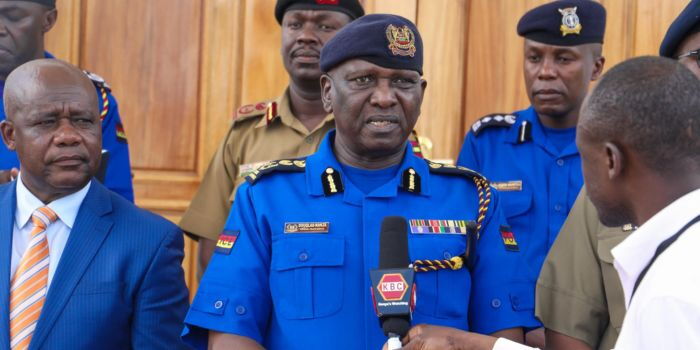
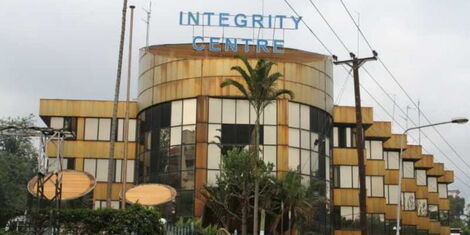

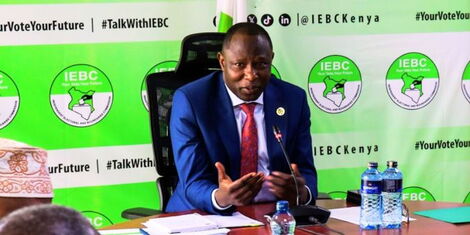

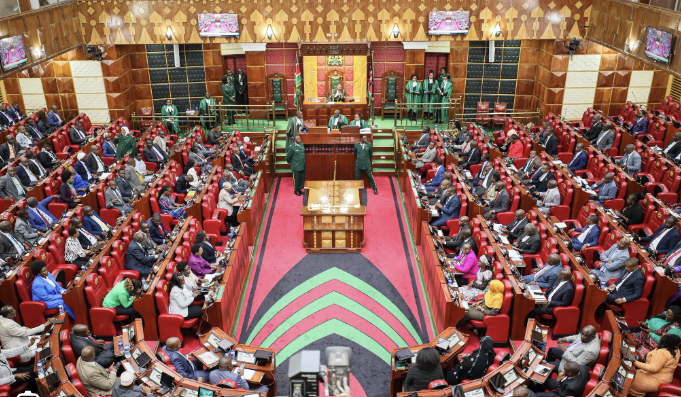

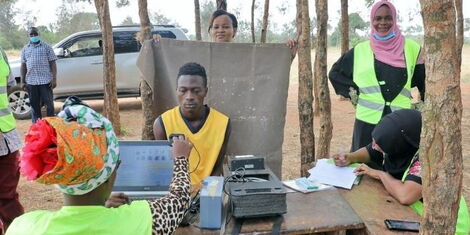
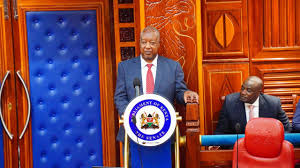

Leave a Reply